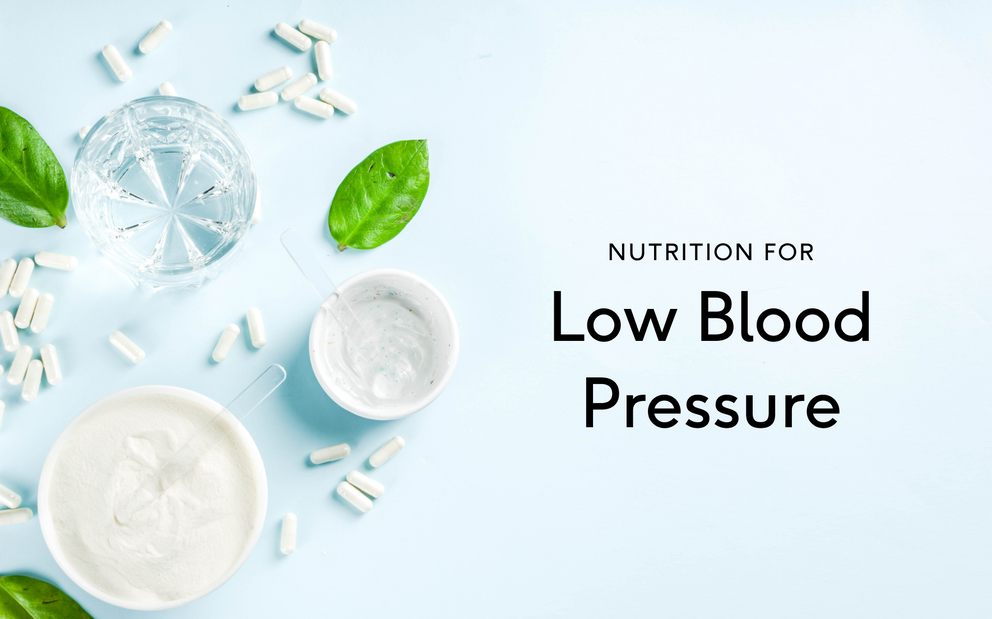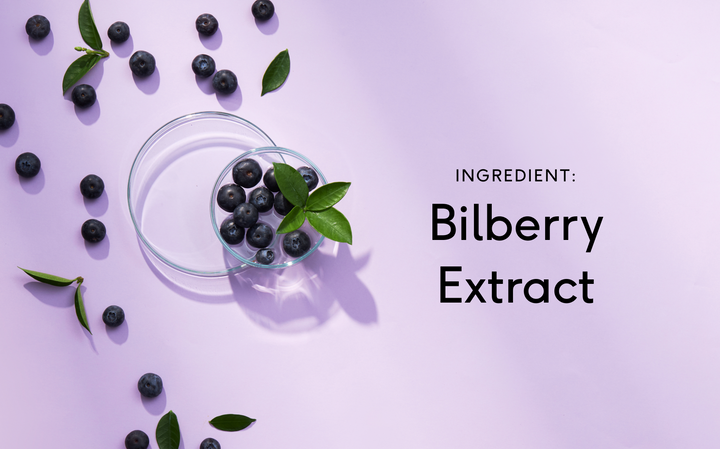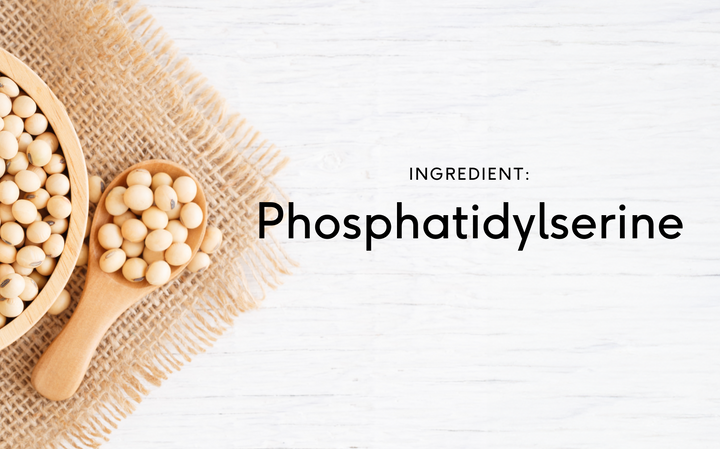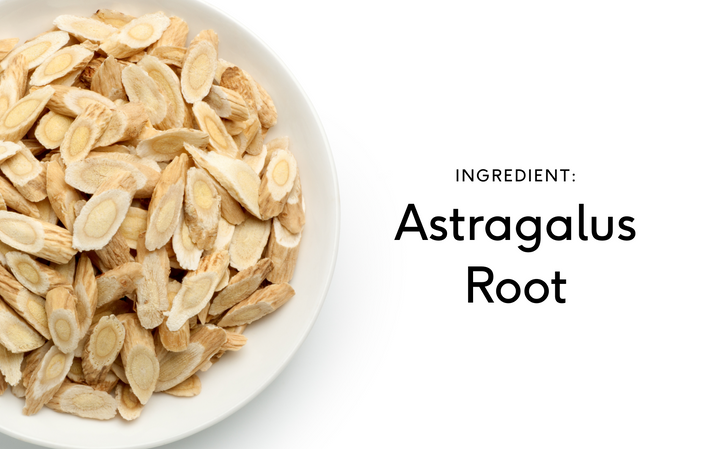Best Vitamins and Minerals for Low Blood Pressure [2025 Nutritionist Reviewed]
Maya has completed an MSc in Advanced Complementary Medicine and specialises in the management of metabolic syndrome, NAFLD, cardiovascular and other chronic conditions.
Maya has completed an MSc in Advanced Complementary Medicine and specialises in the management of metabolic syndrome, NAFLD, cardiovascular and other chronic conditions.
Table of contents

| Symptoms of low Blood Pressure | Fainting, blurred vision, nausea, light-headedness, confusion |
| What classifies as low Blood Pressure | Blood pressure readings < 90/60mmHg |
| What Vitamins can regulate low Blood Pressure | Vitamin B12, Folic Acid |
| What Minerals can regulate low Blood Pressure | Magnesium, Potassium, Sodium |
| What additional ingredients can regulate low Blood Pressure | Himalayan Salt, Liquorice |
1. What is Blood Pressure?
Blood pressure is the pressure exerted by circulating blood on the artery/blood vessel walls, with the normal ranges being 90/60 to 140/90 mmHg (millimetres of mercury)1.
The first number of the blood pressure reading shows the systolic blood pressure and the second number represents diastolic blood pressure. Systolic blood pressure gives reference to the pressure in the artery walls when the heart contracts, whereas diastolic blood pressure signals the pressure in the artery walls when the heart rests between contractions.
Vasoconstriction (the constriction/narrowing of blood vessels) increases blood pressure and vasodilation (the dilation/widening of blood vessels) lowers blood pressure.
Blood pressure can be a reflection of heart health, so it is important to pay attention to any symptoms and seek medical advice if you notice any unusual signs which may be an indication of any potential heart problems.

2. What is low Blood Pressure?
Low blood pressure, more formally known as hypotension, is when blood pressure levels drop below the lower limit of 90/601. This occurs when blood flows through the blood vessels at a pressure lower than normal.
Low blood pressure isn’t a need for major concern, unless symptoms repeatedly occur and worsen. These symptoms may include but are not limited to:
- Light-headedness
- Confusion
- Fainting
- Blurred vision
- Nausea
If these symptoms occur then it is important to sit or lie down and rehydrate2.
Postural hypotension is something that can often occur when moving from a seated to standing position (especially in the elderly population). The symptoms of postural hypertension are fainting and dizziness upon standing. This is because the baroreceptors (receptors that detect changes in blood pressure) have a delayed response to the changes that occur in blood pressure upon standing up.
Far more research and studies have been carried out on people with high blood pressure as opposed to low blood pressure, but vitamins which may benefit those facing low blood pressure can be found below.
3. What vitamins are good for low Blood Pressure?
It’s always best to lean towards food as the source of your vitamins where possible. This applies in any aspect of health - particularly during pregnancy and lactation. Vitamins for low blood pressure are listed below with a range of food sources in which you can gain these vital nutrients from. For maximum benefit, it’s best to include a range of different foods to form a healthy diet which will in turn offer many other health benefits as well as providing support for increasing blood pressure naturally. If for any reason it is not possible to source the foods listed below in order to consume these vitamins, then there are plenty of supplements available on the market which will be discussed later on.
- Folate/Vitamin B9 is one of the eight B vitamins. The man-made form is called folic acid. Some food sources that naturally contain Folic acid are:
- Dark leafy greens
- Beef liver
- Kidney beans
- Vitamin B12 which is also part of the B-complex vitamins, is most commonly found in:
- Meat
- Fish
- Dairy products
- Eggs
Those who follow a vegan diet are more prone to deficiency than people that consume a diet containing meat, poultry, and animal products. However, if you are following a vegan diet, it is possible to source B12 from fortified foods such as cereals, some soy products, and different plant milks, but if you are not including these in your diet, then it is best to supplement with Vitamin B123. The B vitamins aid the production of DNA and red blood cells within the body, so they are an essential component within the diet in order to reach optimal levels of health4.
4. What additional nutrients can improve low Blood Pressure?
- Mineral salt (NOT table salt). This can be as simple as including Himalayan salt in the diet - add a pinch of salt in warm water first thing in the morning and drink on an empty stomach. This is also an excellent way to rehydrate yourself and get ready for the day – so an added benefit there too!
- In Ayurveda (the science of life, a traditional medical system originating from India), raisins are to be consumed when an individual is suffering with low blood pressure levels. You leave the raisins to soak in water overnight and then eat them in the morning before consuming anything else as well as drinking the water in which they were soaked in.
- Liquorice contains a compound called glycyrrhizin. This substance works in the body by altering potassium and sodium levels which in turn, increases blood pressure. However, consuming large amounts of glycyrrhizin can be harmful, especially to those suffering from hypertension. So it is important to eat in moderation and consume with caution if you are aware of any problems with high blood pressure5.
- Magnesium assists with the regulation of blood pressure levels as well as blood sugar The best form of magnesium to take for controlling blood pressure levels is said to be magnesium taurate. As there are many different types of magnesium, make sure that you look for magnesium taurate in particular if buying to help regulate blood pressure levels. Magnesium works to regulate blood pressure by releasing nitric oxide. This allows the blood vessels to relax as it is a vasodilator6. It is also important to note that Vitamin D gets activated by magnesium, so in order to benefit from Vitamin D supplementation or natural conversion in the body, it is essential to have adequate magnesium levels in the body.
5. Can vitamins, minerals and botanicals help with blood pressure?
It has been said that ginseng may help in improving cardiovascular disease. When an individual has low blood pressure, ginseng may be able to help restore blood pressure to optimal levels as it improves blood circulation7.
Vitamin B12 supplementation has been shown to efficiently increase blood pressure levels when low serum B12 levels are present8.
6. How and why do vitamins improve low Blood Pressure levels?
Vitamin B12 works in the body by helping with the production of red blood cells and red blood cells function to transport oxygen around the body. Individuals that are B12 deficient may often be living with anaemia, which in turn can lead onto low blood pressure. So by supplementing B12 or increasing your dietary intake, you can increase red blood cell production, and therefore avoid the risk of anaemia, as well as increasing blood pressure to a healthy level. Vitamin B9 also helps the body to produce healthy red blood cells.
7. When is best to take vitamins for low Blood Pressure?
It is always best to take vitamins with food in order to increase the absorption rate of the nutrients. It is also advisable to start taking vitamins as a preventative measure rather than waiting until they are needed as a cure. This way, it is much easier to ensure that vitamin levels in the body are adequate, allowing yourself to not only be at a stage of baseline health, but instead be in an optimal state to thrive rather than simply survive.
8. How much of vitamins and minerals do I have to take for healthy Blood Pressure levels daily?
Adults require 400 micrograms (μg) of folate/B9 per day (this dose may change if you’re pregnant). If this dosage is exceeded, then the symptoms of Vitamin B12 deficiency can be masked - and we need to ensure that B12 levels are optimal for healthy blood pressure. As the body has no long term stores of folate, it is essential to include this vitamin in our diet by consuming food sources containing it (as written above under the heading of ‘what vitamins are good for low blood pressure’)9.
Between the ages of 19 and 64, adults need roughly 1000 micrograms of vitamin B12 per day to stay healthy. While B vitamins are water soluble, overdoses are unlikely, however, to avoid any potential risks, it is best to stick to the recommended daily intake stated above.

9. What should I take to prevent and/or lower high Blood Pressure?
High blood pressure, otherwise known as hypertension, occurs when blood pressure values are above the upper limit of 140/90mmHg. An extra strain is put onto the body with high blood pressure and if not managed, it can lead to many health conditions and concerns such as heart disease, heart failure, and heart attack10.
- Vitamin D - used to lower and regulate blood pressure11.
- Olive leaf - has been used to both prevent and treat high blood pressure. A study was carried out with identical twins with blood pressure readings between 120-139 mmHg over 80-89 mmHg (bordering hypertension), to test the effects of olive leaf extract supplementation on hypertension. Recipients of the study who took a placebo, had the same blood pressure levels after 8 weeks, whereas those that were supplementing 100mg of olive leaf extract per day had reduced blood pressure levels by 11 mmHg systolic and 4 mmHg diastolic on average12.
- Fish oil - naturally high in omega-3 fatty acids. Increasing omega-3 intake whether that be through food or supplementation (e.g. cod liver oil capsules), has shown to be effective in lowering blood pressure in those who have excessively high blood pressure levels by reducing the amount of LDL (bad cholesterol) in the blood13.
- Vitamin B6 (pyridoxine) - plays a role in controlling hypertension14.
- Coenzyme Q10 (COQ10) is an antioxidant. It is made naturally in the body helping our cells with the production of energy. It is an antioxidant so can reduce the fatty acid depositions in the arteries15.
- Potassium - found in bananas, avocado, sweet potato and many other foods. In the body there is what is known as the sodium potassium In simple terms, it moves potassium ions into the cell and pumps sodium ions out of the cell. So in eating potassium rich foods, we can rid the body of excess sodium by removing it through urine. Sodium rich food sources may increase blood pressure if eaten in excess.
- Vitamin C - red pepper contains very high amounts of Vitamin C which is less commonly known than oranges which many people are familiar with. Other citrus fruits and cruciferous vegetables such as broccoli and Brussel sprouts are also great natural sources of Vitamin C. Vitamin C can act as a diuretic, meaning that it assists the kidneys in removing sodium and water from the body. This relaxes the blood vessel walls, leading to reduced blood pressure. Please note that this is a vitamin which must be taken with caution if supplementing during pregnancy as high doses can be harmful during the third trimester. Please seek medical advice before taking any supplements on your own accord.
- Blood pressure medication is often used for high blood pressure. Under the age of 55 it’ll usually be an ACE inhibitor or an angiotensin-2 receptor blocker and from the age of 55 and upwards, or if you’re of African or Caribbean descent, then you will most likely be offered a calcium channel blocker16. Beta-blockers can also help lower high blood pressure but they do come with side effects, so it may be best to opt for a natural supplement or to increase certain nutrients through your diet if you aren’t facing critically high blood pressure levels.
- While not a nutrient, a meta-analysis of 25 randomised controlled trials produced results indicating that weight loss can be a great influencing factor on high blood pressure. Therefore, weight loss and maintaining a healthy body weight are both essential in treating and preventing hypertension17.
10. Where to buy vitamins for low Blood Pressure?
Vitamins can be purchased from any local health food store, or found online if they cannot be sourced near you. Always check the purity of supplements before taking - aiming to find vitamins with the least number of binders, fillers and bulking agents. It is also essential to ensure that the dosage isn’t too high (nutrient reference intakes can be found on the NHS website) and speak to your health care provider if you are planning on taking any supplements alongside prescribed medication.
11. How long does it take for vitamins to work for low Blood Pressure?
Every human is structured slightly differently, so we will all react in a different way to various foods and vitamins. This means that one person may take longer to feel the effects of including a supplement into their routine than another, which is also affected by the individual’s current vitamin and blood pressure levels. It should be taken into consideration that Vitamin B12 can be stored by the liver for roughly 2 to 4 years, so there may be no noticeable effects at first if there is a lack of B12 in the diet, but once stores are depleted, then an individual will be able to feel symptoms such as extreme tiredness and a sore red tongue. If you need to take B12 for a prolonged period of time, it is best to take it as part of a complex rather than in isolation, as this may deplete your stores of other B vitamins. This rule applies to supplementation of any of the eight B-vitamins. Please note that there is no need for concern if your urine turns a fluorescent colour when taking a B-complex as this is simply your body ridding itself of any excess B-vitamins which it does not need!
12. Possible side-effects of taking vitamins for low Blood Pressure?
Naturally derived vitamins should have no harmful effects on the body when everything is eaten in moderation. However, it is always advised to speak to your health care professional to ensure that it is safe to take supplements with any medication that you may be on, as well as being able to safely discuss any potential risk factors with them. It is also essential to speak to your health care provider if wanting to take supplements during pregnancy. Even though vitamins sourced from food have no major side effects, citrus fruits are known to interact with certain medications, so it is again best to discuss and educate yourself on these possible harmful reactions that may occur within the body.
References
- https://www.bloodpressureuk.org/your-blood-pressure/understanding-your-blood-pressure/what-is-low-blood-pressure/
- https://www.nhs.uk/conditions/low-blood-pressure-hypotension/
- https://www.vegansociety.com/resources/nutrition-and-health/nutrients/vitamin-b12/what-every-vegan-should-know-about-vitamin-b12
- https://www.everlywell.com/blog/b-vitamins/4-top-causes-of-vitamin-b-deficiency/#:~:text=Here%27s%20a%20roundup%20of%204,)%2C%20and%20gut%20malabsorption%20conditions
- https://www.bhf.org.uk/informationsupport/heart-matters-magazine/nutrition/ask-the-expert/liquorice
- https://khealth.com/learn/hypertension/blood-pressure-supplements/
- https://www.ncbi.nlm.nih.gov/pmc/articles/PMC3659571/
- https://www.ncbi.nlm.nih.gov/pmc/articles/PMC6904166/
- https://www.nhs.uk/conditions/vitamins-and-minerals/vitamin-b/
- https://www.nhs.uk/conditions/high-blood-pressure-hypertension/
- https://pubmed.ncbi.nlm.nih.gov/34981501/
- https://www.indigo-herbs.co.uk/natural-health-guide/benefits/olive-leaf
- https://humann.com/blogs/explore/try-these-24-foods-and-supplements-to-lower-blood-pressure-naturally-list
- https://pubmed.ncbi.nlm.nih.gov/26281007/
- https://pubmed.ncbi.nlm.nih.gov/17287847/
- https://www.nhs.uk/conditions/high-blood-pressure-hypertension/treatment/
- https://www.ahajournals.org/doi/10.1161/01.hyp.0000094221.86888.ae










































 Back
Back






